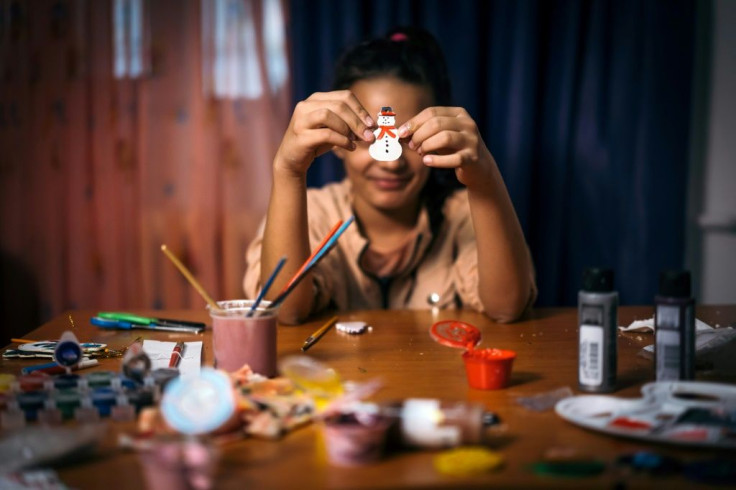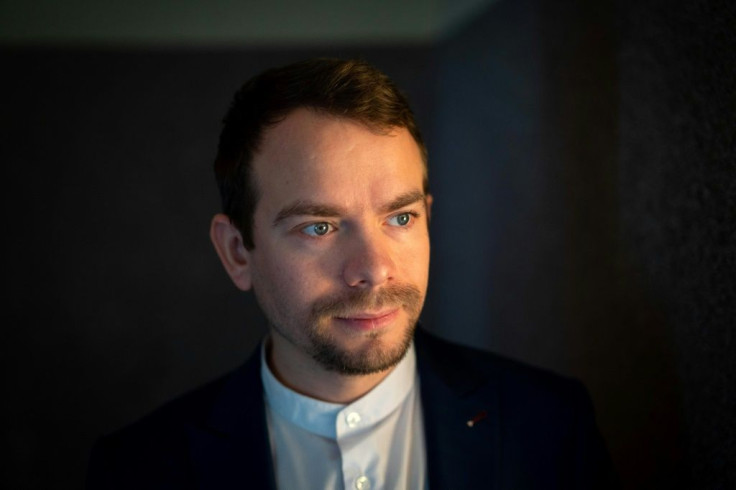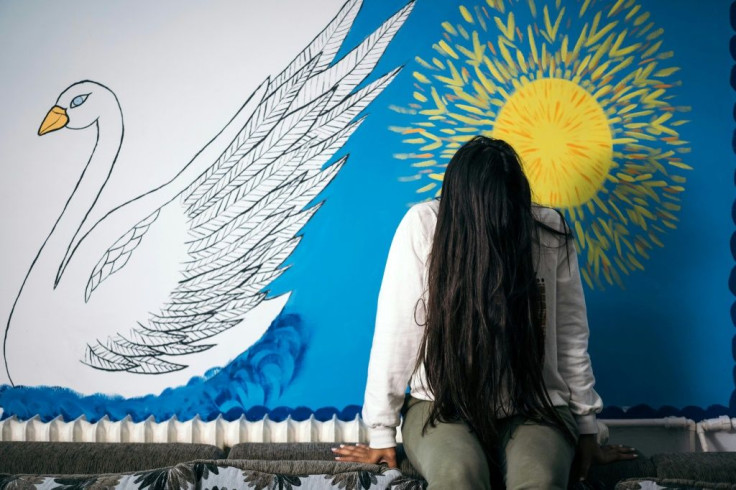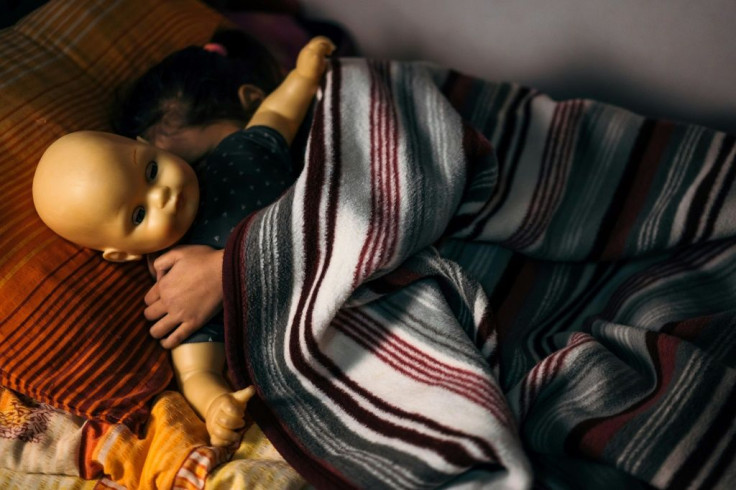One Of Romania's 'Children Of The Decree' Fights For Change

Three decades after the collapse of communism in Romania, Visinel Balan still has fresh memories of one of its most infamous legacies -- the orphanage system in which he grew up.
"They used to beat us until we couldn't move," he says of the orphanage he entered in 1987, aged just two months.
The scars of those institutions, exposed to the world in the 1990s through horrifying news images of emaciated children in caged beds, have still not fully healed for Balan.
They were places where children were caned on the soles of their feet for bedwetting and fed in an assembly line while sitting on potties.
Balan was one of the "Decretei" or "children of the decree": children abandoned by poorer families as a result of the natalist policies of the communist dictator Nicolae Ceausescu, among them a 1966 decree banning abortion.

But his experiences have fired his activism on behalf of today's marginalised children.
He's now a lawyer and head of an NGO called Voice of Abandoned Children.
"There's so much still left to do! Only three percent of children who grow up in care lead fully independent lives as adults," Balan says.

The orphanage system has undergone thorough reform, consigning the bleak homes housing hundreds of children to history.

Now around 50,000 children are cared for by the state, half of them in foster families.
The rest are in updated institutions such as "Pinocchio's House", a modern home for children aged between 7 and 18 in the capital Bucharest.
Among them is teenager Lorentsa Ion, who dreams of becoming a dancer and shows off one of her routines to applause from her friends.

But even if the care system has improved, some attitudes haven't changed, says UNICEF's representative in Romania Pieter Bult.
"People keep abandoning children because it was the norm under Ceausescu," he says, pointing out the number of children in care hasn't fallen for a decade.
Another part of this painful legacy is that the UN estimates some 5,000 Romanian children are sleeping rough, 2,000 of them in Bucharest.

Many young people fled the orphanages under communism only to fall into the margins of society.
Some went on to have their own children, who in turn grew up without a fixed address.
"I've had a hard childhood," says 13-year-old Leonard Mihai, the fuzz of an incipient moustache on his upper lip.
He sleeps in an abandoned house and only started school after his tenth birthday, a typical example of the street children who slip through the social system.
"Their families are too poor to look after them," says Ionut Jugureanu, head of an NGO that tries to teach such children skills for work in circuses.
"Certain children don't exist in the eyes of the authorities because they don't have a birth certificate," Jugureanu adds.
Balan too knows what it's like to be on the streets, having run away from his orphanage when he was still only nine or 10 years old.
"Policemen would send me to steal nuts and fruit from the market. When I brought them back they would let me sleep in the warm in the station," he says.
As an adult one of Balan's particular goals has been the reform of Romania's adoption rules.
In the run-up to the country joining the European Union in 2007, it had to toughen the adoption system to combat child trafficking.
But now prospective parents complain of a Kafkaesque process.
"The authorities have to get approval from so many family members to sign off an adoption," says 40-year-old Maria.
She and her husband were finally able to bring their adopted son home three years ago, but only after much administrative wrangling.
It's the sort of case Balan hopes to change to avoid a repeat of his own tragic family history -- four of his 12 siblings died while his last roommate at the orphanage went on to commit suicide.
But through it all Balan has kept his drive -- and his relationship with his biological mother, for whom he recently bought a house.
© Copyright AFP 2024. All rights reserved.





















